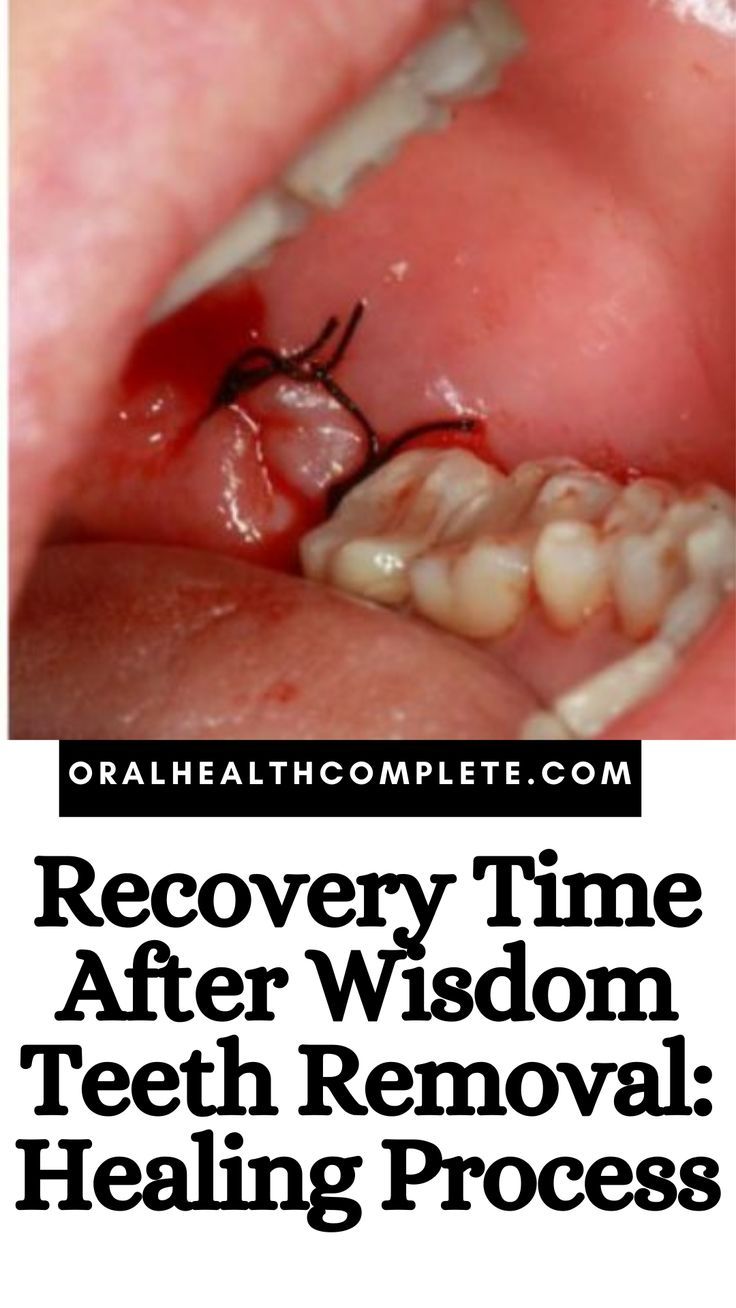12+ Wisdom Teeth Secrets For Safe Recovery

Wisdom teeth, also known as third molars, are a common source of discomfort and anxiety for many individuals. The process of having them removed can be daunting, but with the right knowledge and preparation, recovery can be relatively smooth. In this comprehensive guide, we will delve into 12+ secrets for safe recovery after wisdom teeth removal, covering everything from pre-operative preparation to post-operative care.
Pre-Operative Preparation: Laying the Groundwork for Success
Before undergoing wisdom teeth removal, it’s essential to prepare yourself physically and mentally. Here are a few key considerations:
- Stop smoking: Smoking can significantly slow down the healing process and increase the risk of complications. Quitting smoking at least 24 hours before the procedure can help minimize these risks.
- Avoid heavy meals: Eating a light meal the night before and avoiding heavy meals on the day of the procedure can help reduce the risk of nausea and vomiting during and after the surgery.
- Get plenty of rest: Adequate rest and relaxation can help reduce stress and anxiety, making the recovery process smoother.
The Removal Procedure: What to Expect
The wisdom teeth removal procedure typically takes around 30-60 minutes, depending on the complexity of the case. Here’s what you can expect:
- Anesthesia: The procedure is usually performed under local anesthesia, which numbs the area around the tooth. In some cases, sedation or general anesthesia may be used.
- Incision and extraction: The surgeon will make an incision in the gum tissue to access the tooth, and then use specialized instruments to loosen and remove the tooth.
Post-Operative Care: The Key to Safe Recovery
Proper post-operative care is crucial for a safe and successful recovery. Here are some essential tips:
- Bleeding control: Bite down on the gauze provided by your surgeon for at least 30 minutes to control bleeding. If bleeding persists, apply a moist tea bag to the area.
- Pain management: Take pain medication as directed by your surgeon. Over-the-counter pain relievers such as ibuprofen or acetaminophen can help manage pain and inflammation.
- Ice packs: Apply an ice pack to the affected area for 15-20 minutes at a time to reduce swelling and pain.
- Soft food diet: Stick to a soft food diet for at least 48 hours after the procedure. Avoid chewing on the affected side and opt for foods like yogurt, soup, and mashed potatoes.
- Hydration: Drink plenty of water to stay hydrated and help the healing process.
Additional Tips for a Smooth Recovery
Here are some additional secrets for a safe and comfortable recovery:
- Avoid strenuous activities: Avoid heavy lifting, bending, or strenuous activities for at least 24 hours after the procedure.
- Keep the mouth clean: Gently rinse your mouth with warm salt water several times a day to keep the area clean and promote healing.
- Avoid smoking and tobacco: Smoking and tobacco use can significantly slow down the healing process and increase the risk of complications.
- Attend follow-up appointments: Attend all scheduled follow-up appointments with your surgeon to ensure the healing process is progressing smoothly.
Potential Complications: What to Watch Out For
While rare, potential complications can arise after wisdom teeth removal. Here are some signs to watch out for:
- Dry socket: A dry socket occurs when the blood clot that forms over the extraction site is dislodged, exposing the bone and nerve endings. Symptoms include severe pain, bad breath, and a foul taste in the mouth.
- Infection: Signs of infection include increased pain, swelling, redness, and pus. If you experience any of these symptoms, contact your surgeon immediately.
- Numbness or tingling: Numbness or tingling in the tongue, lip, or chin can occur due to nerve damage during the procedure. This is usually temporary but may persist in some cases.
Conclusion
Wisdom teeth removal can be a daunting experience, but with the right preparation and knowledge, recovery can be relatively smooth. By following these 12+ secrets, you can minimize the risk of complications and ensure a safe and successful recovery. Remember to stay hydrated, manage pain effectively, and attend all scheduled follow-up appointments with your surgeon. With proper care and attention, you can be back to your normal self in no time.
How long does it take to recover from wisdom teeth removal?
+Recovery time can vary depending on the individual and the complexity of the procedure. Generally, it takes around 3-5 days to recover from wisdom teeth removal, but it may take up to 2 weeks for the mouth to fully heal.
Can I drive after wisdom teeth removal?
+It’s not recommended to drive immediately after wisdom teeth removal, as the anesthesia and pain medication can impair your ability to drive safely. Wait at least 24 hours or until the effects of the anesthesia have worn off before driving.
How can I manage pain after wisdom teeth removal?
+Take pain medication as directed by your surgeon, and consider using over-the-counter pain relievers such as ibuprofen or acetaminophen. Applying an ice pack to the affected area and sticking to a soft food diet can also help manage pain and discomfort.

